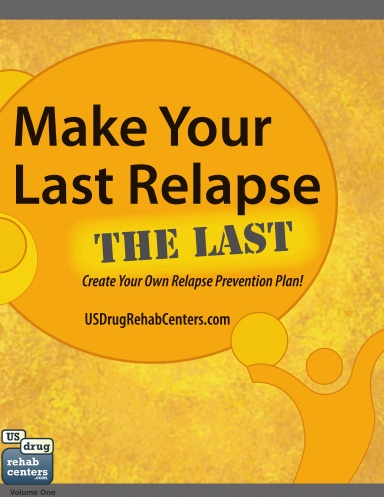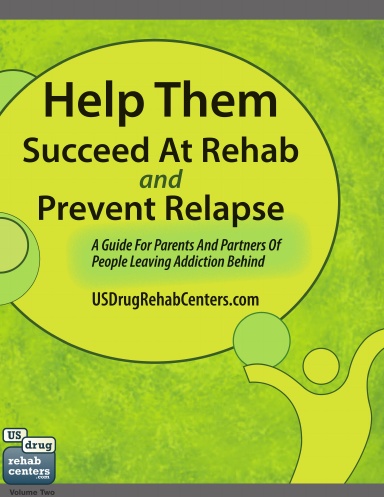 |
Lesson 1: Addiction is Learned
- Describe how you learned to use and why you kept using drugs and alcohol
- Describe the most common causes of relapse
- Describe the key learning required to succeed at relapse prevention
- Includes free Boundary Setting Plan
- Watch or listen to this presentation as a video on the go!
|
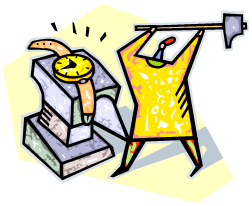
|
Lesson 2: Addiction and Mental Health
- List the common mental health problems and disorders caused by the drugs you have used
- List the most common mental health problems for people who experience addiction
- Identify actions you can begin to take about your mental health problems
- Watch or listen to this presentation as a video on the go!
|
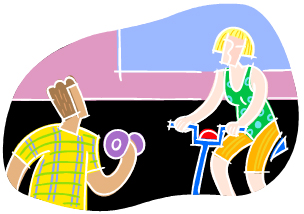 |
Lesson 3: Addiction And Physical Health
- Describe the common physical health problems and disorders caused by abuse of alcohol and drugs
- Describe the common health problems resulting from the addiction lifestyle
- Identify 3 things you can do to start, and to continue to improve your physical health
- Canada's Physical Activity Guide
- Watch or listen to this presentation as a video on the go!
|
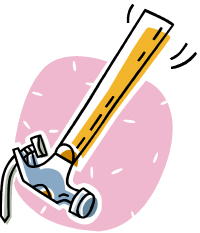 |
Lesson 4: Addiction And Relationships
- Describe the evidence about groups and drinking or using drugs
- Identify the relationship problems that can lead to drug and alcohol use
- Identify 2 values that can lead to more positive relationship decisions
- Watch or listen to this presentation as a video on the go!
|
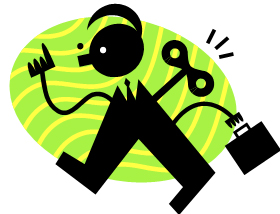 |
Lesson 5. How We Think Impacts How We Act
- Describe how thoughts create emotions and impact actions
- Describe how your interpretation of events affects your rehab experience
- Describe how motivation works and why sessions and activities are compulsory
- Watch or listen to this presentation as a video on the go!
|
 |
Lesson 6: Managing Cravings And Urges
- Describe how exaggerated or distorted thinking results in negative emotions
- Describe how obsessive compulsive disorders are similar to impulse control disorders like, drug and alcohol abuse, gambling and compulsive sex
- Describe steps to reduce obsessive thoughts, compulsions, and urges
- Watch or listen to this presentation as a video on the go!
|
 |
Lesson 7: Sleep And Relapse Prevention
- Learn the ways sleep restores the body
- Learn the negative effects of sleep deprivation
- Learn changes you can make to improve your sleep
- Watch or listen to this presentation as a video on the go!
|
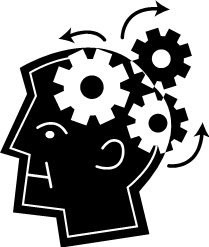 |
Lesson 8: Managing Internal Causes Of Relapse
- Define lifestyle balance and describe why is it important to relapse prevention
- Define internal determinant and describe 6 determinants that can predict or reduce the risk of relapse
- Define high risk situation and identify 2 ways to manage high risk situations
- Watch or listen to this presentation as a video on the go!
- This presentation refers to one of our favourite relapse prevention resources, The Feeling Good Handbook by Dr. David Burns. It's a good idea to get your own copy so you can complete the exercise in this presentation. It's easy to find online and often available second-hand.
|
 |
Lesson 9: Food And Relapse Prevention
- How has addiction impacted my food choices and eating habits?
- How many calories are in a gram of fat, a gram of protein and a gram of carbohydrate?
- What two actions can you take to improve your diet?
- Watch or listen to this presentation as a video on the go!
|
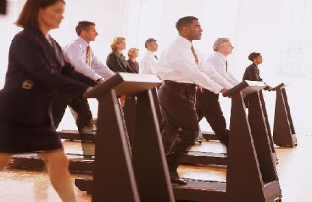 |
Lesson 10: Exercise And Relapse Prevention
- Identify 3 ways physical exercise improves your body
- List 3 ways exercise can help in your relapse prevention plan
- List 2 things you can start doing today to be more physically active
- Watch or listen to this presentation as a video on the go!
- This presentation refers to one of our favourite relapse prevention resources, The Relaxation and Stress Reduction Workbook, by Martha Davis PhD, Elizabeth Robbins Eshelman MSW, Matthew McKay PhD. It's a good idea to get your own copy so you can complete the exercise in this presentation. The books are easy to find online and often available second-hand.
|
 |
Lesson 11: Sex And Relapse Prevention
- Describe how self esteem and sexual activity are related
- List 3 of the impacts of alcohol and drugs on sexual health and 2 actions to increase sexually safety
- Watch or listen to this presentation as a video on the go!
- Describe 5 boundaries that promote intimacy and 5 violations of intimacy boundaries
- This presentation refers to one of our favourite relapse prevention resources, The Feeling Good Handbook by Dr. David Burns, and PeopleSmart, by Freda Hansburg and Melvin L. Silberman. It's a good idea to get your own copy so you can complete the exercise in this presentation. The books are easy to find online and often available second-hand.
|
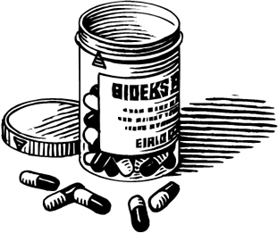 |
Lesson 12: Medications And Relapse Prevention
- Describe 3 types of negative drug reactions and 4 drug categories that react negatively with alcohol
- List 3 ways in which a doctor or pharmacist can make an error in prescribing medication
- List 5 questions you will need to ask a pharmacist about any new medication
- Watch or listen to this presentation as a video on the go!
|
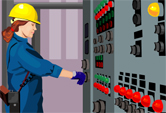 |
Lesson 13: Self Control And Relapse Prevention
- Define self control
- Describe self-awareness and self-knowledge and how they can be used to increase self control
- List 5 ways to influence yourself to maintain self control
- Watch or listen to this presentation as a video on the go!
|
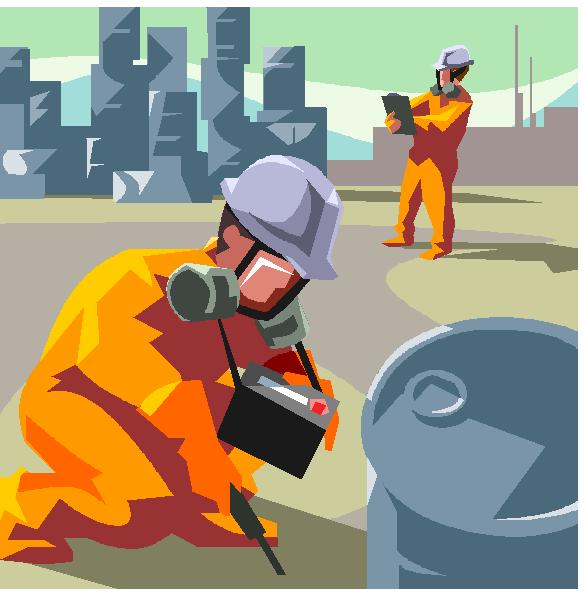 |
Lesson 14: Managing Leftover Toxins
- List 3 negative symptoms that are often experienced during rehab and recovery that result from past drug or alcohol use
- List 3 ways to manage each of the 3 negative symptoms
- Describe the blood sugar cycle, the negative symptoms that result from sudden changes, and 2 simple ways to manage
- Watch or listen to this presentation as a video on the go!
- This presentation refers to one of our favourite relapse prevention resources, The Feeling Good Handbook by Dr. David Burns, and The Relaxation and Stress Management Workbook by Martha Davis, Elizabeth Robbins Eshelman, Matthew McKay. It's a good idea to get your own copy so you can complete the exercise in this presentation. The books are easy to find online and often available second-hand.
|
 |
Lesson 15: Relationships and Relapse Prevention
- Describe social support and give examples of positive and negative social support
- Describe 4 types of social support and give an example of each
- List 4 actions that help develop a positive support network
- Watch or listen to this presentation as a video on the go!
|
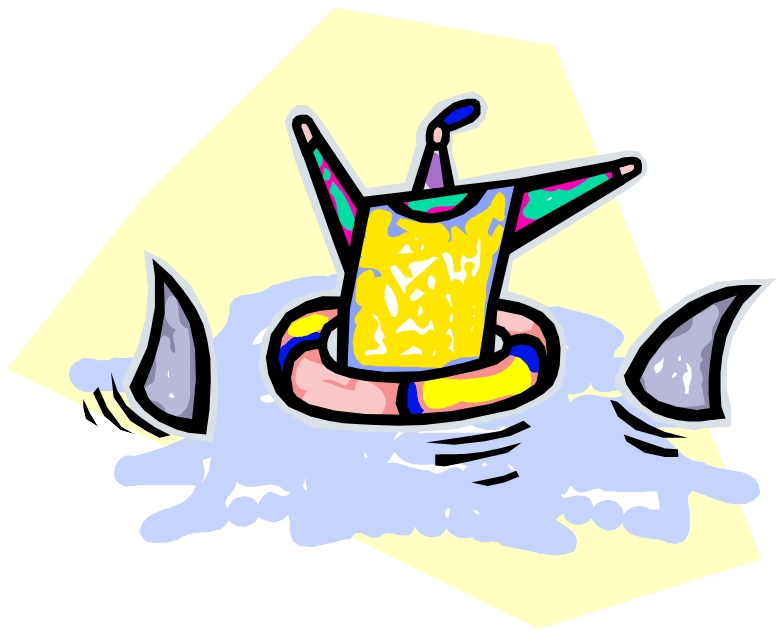 |
Lesson 16: Unhealthy Relationships and Relapse Prevention
- Describe the evidence about relationships with people who use and the risk of relapse
- Identify 3 qualities of a positive relationship
- Identify 5 characteristics of bad communication and 5 simple effective communication skills to manage bad communication
- Watch or listen to this presentation as a video on the go!
- This presentation refers to one of our favourite relapse prevention resources, The Feeling Good Handbook by Dr. David Burns, and PeopleSmart, by Freda Hansburg and Melvin L. Silberman. It's a good idea to get your own copy so you can complete the exercise in this presentation. The books are easy to find online and often available second-hand.
|
 |
Lesson 17: Loneliness and Relapse Prevention
- Describe loneliness and the negative emotions that are experienced when lonely
- Describe boredom and 3 causes of boredom
- List five actions to take to end boredom or loneliness
- Watch or listen to this presentation as a video on the go!
|
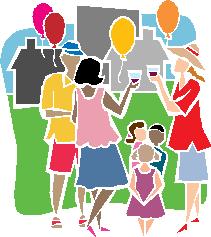 |
Lesson 18: New Friends And Relapse Prevention
- Define friendship and give 3 positive outcomes of having friendships
- List 4 roles that friends can play
- Define peer and list 3 ways to meet peers
- Watch or listen to this presentation as a video on the go!
|
 |
Lesson 19: Changing Your View Of Your World
- Describe what evidence based information means
- Define probability and list two effective ways to make decisions
- Describe the importance of paying attention to learning and change
- Watch or listen to this presentation as a video on the go!
|
 |
Lesson 20: Stress And Illness
- Describe how the stress response affects the immune response or how stress can result in you getting sick
- Describe the 3 steps in developing an emotional response
- List 10 activities that increase resilience to stress
- Watch or listen to this presentation as a video on the go!
|
 |
Lesson 21: Motivation
- Define motivation
- Define ambivalence
- List 5 actions that you can do with non-using family members or friends to increase your motivation and 5 actions you can take on your own
- Watch or listen to this presentation as a video on the go!
|
 |
Lesson 22: Developing Your Personal Vision
- Define needs versus desires and wants
- Define life value and give 5 examples
- Describe the link between values, attitude and relapse
- Watch or listen to this presentation as a video on the go!
|
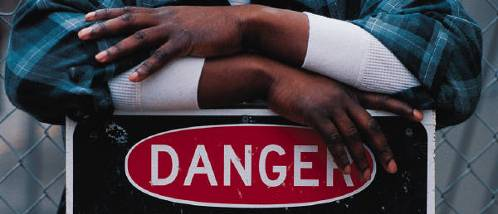 |
Lesson 23: Common Life Problems After Quitting or Rehab
- Describe 5 common life problems that result from the addiction lifestyle
- Describe 4 common life problems and describe one positive action for each
- List 5 actions that help create a balanced lifestyle and 3 reasons to live a balanced lifestyle
- Watch or listen to this presentation as a video on the go!
|
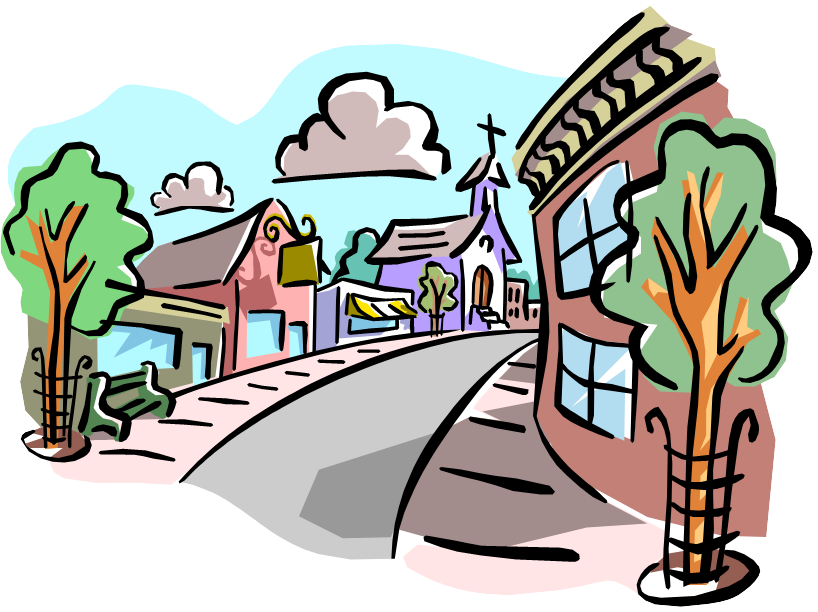 |
Lesson 24: Home, Community, And Relapse Prevention
- Describe 5 common life problems that result from the addiction lifestyle
- Describe 4 common life problems and describe one positive action for each
- List 5 actions that help create a balanced lifestyle and 3 reasons to live a balanced lifestyle
- Watch or listen to this presentation as a video on the go!
|
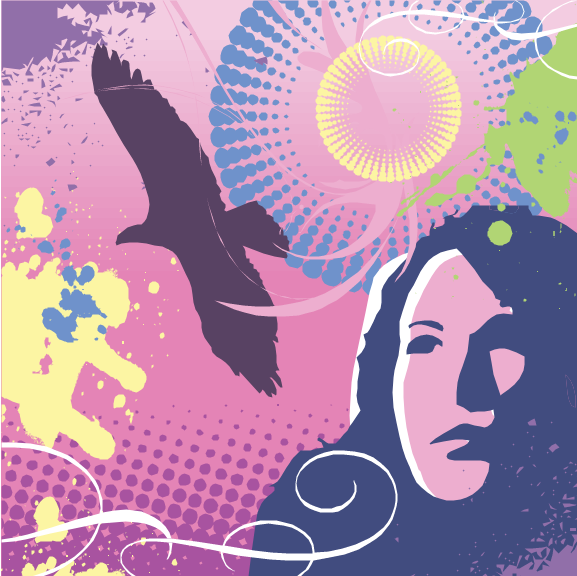 |
Lesson 25: Life Purpose
- Define life purpose
- Describe 4 ways a purpose statement can be used to improve quality of life
- Define tipping point and describe why it is important in relapse prevention
- Download the worksheet for this presentation
- Watch or listen to this presentation as a video on the go!
|
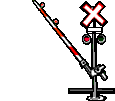 |
Lesson 26: Barriers to Success
- Describe 5 reasons why goals are important for people who quit using
- List 3 barriers to achieving goals
- List 5 behaviors that are barriers to achieving goals and one action for each to overcome it
- Download the worksheet for this presentation
- Watch or listen to this presentation as a video on the go!
|
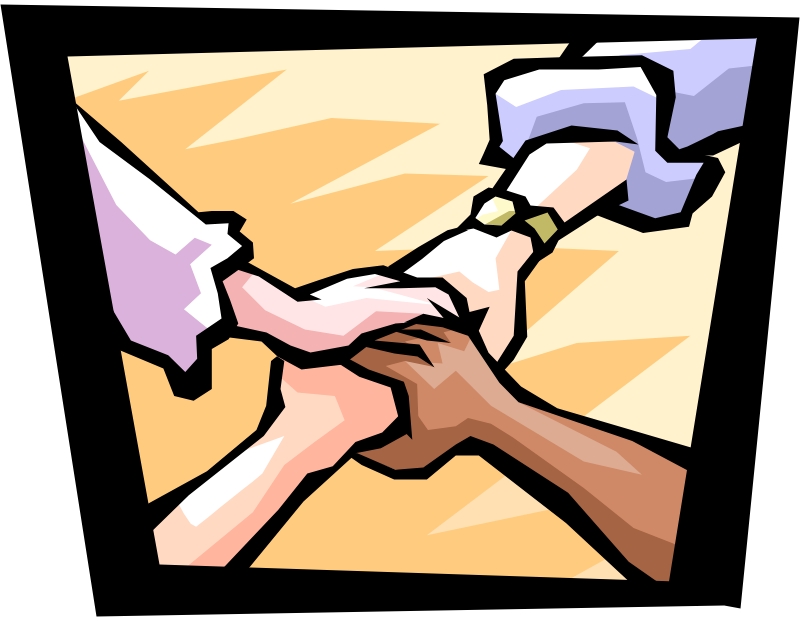 |
Lesson 27: Setting Mutual Goals
- Describe 5 reasons why goals are important for people who quit using
- Describe mutual goal setting and it’s purpose
- Describe 2 factors that drive desire to change and give 2 examples of barriers to change
- Describe 2 pitfalls of mutual goal setting
- Watch or listen to this presentation as a video on the go!
|
 |
Lesson 28: Commitment
- Define commitment and list 2 purposes of keeping commitments
- Describe the purpose of monitoring and two ways to monitor progress
- Name two ways you can reward yourself for following through on commitments
- Watch or listen to this presentation as a video on the go!
|
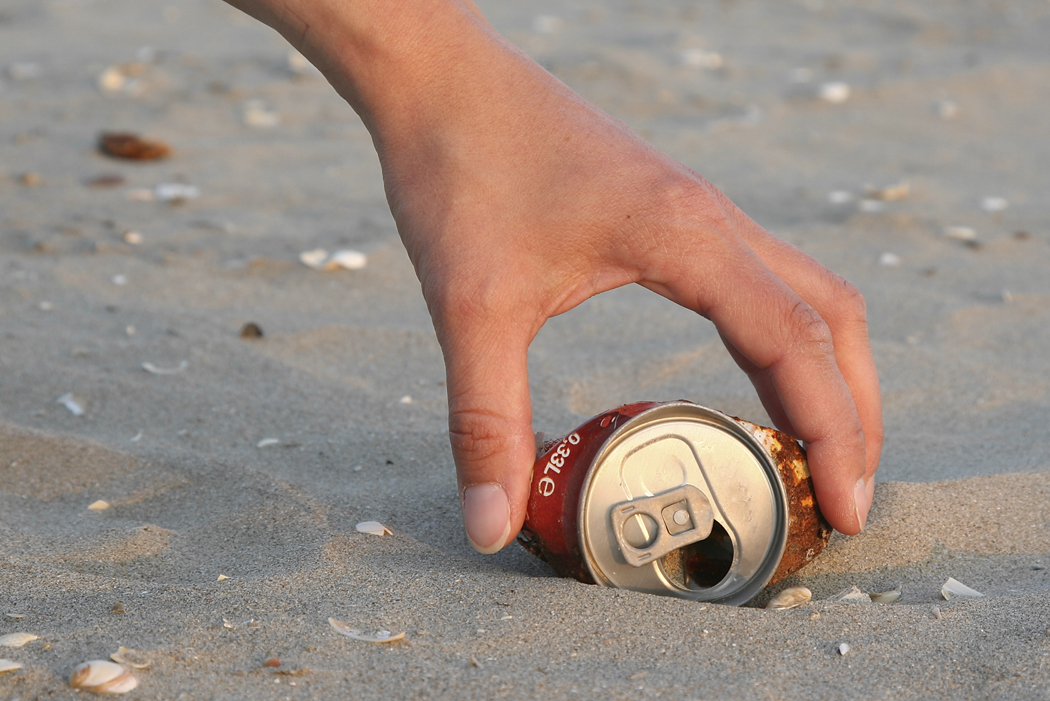 |
Lesson 29: Alcohol and You
- List 3 high risk situations for drinking
- Describe 2 functions of the brain that are negatively impacted by heavy drinking
- List 5 relapse prevention skills that help maintain alcohol abstinence
- Watch or listen to this presentation as a video on the go!
|
 |
Lesson 30: Family and Addiction
- Define family and 2 types of families and how they interact to form patterns of beliefs and behaviours
- Describe 2 qualities of well functioning families
- Describe 2 ways addiction can negatively impact families and 2 ways addiction can positively impact families
- Watch or listen to this presentation as a video on the go!
|
 |
Lesson 31: Parents and Children
- Describe the importance of parental roles and how they impact the child’s roles as an adult
- Describe empathy and give 2 examples of actions to develop empathy for your parents
- List 3 actions to improve parent or child relationships
- Download the worksheet for this presentation
- Watch or listen to this presentation as a video on the go!
|
 |
Lesson 32: Siblings and Friends
- List 5 skills required for effective relationships
- Describe 3 reasons why siblings are often very different
- List 3 types of friendships and describe why it is important to know the difference
- Watch or listen to this presentation as a video on the go!
|
 |
Lesson 33: Couple/Partner Relationships Pt. 1
- Describe the most common reason for not wanting to work to change a relationship
- Describe the most common attitude that predicts dissatisfaction in relationships
- Describe the steps to assess and learn from a relationship interaction that has gone poorly
- This presentation refers to two of our favourite relapse prevention resources, The Feeling Good Handbook by Dr. David Burns, and PeopleSmart, by Freda Hansburg and Melvin L. Silberman. It's a good idea to get your own copy so you can complete the exercise in this presentation. The books are easy to find online and often available second-hand or in libraries.
- Watch or listen to this presentation as a video on the go!
|

































